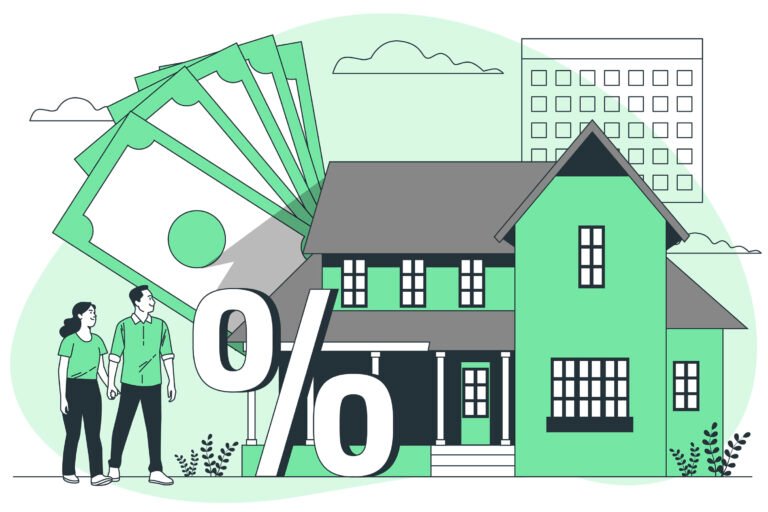Evaluating Your Financial Well-Being: A Comprehensive Checklist
Ensuring your financial health is just as important as taking care of your physical well-being. To help you gauge where you stand and identify areas for improvement, we’ve put together a comprehensive financial health checklist. Read on to assess your financial situation and gain insights into how you can enhance your financial well-being.
📊 Financial Health Assessment Checklist
- Budgeting and Spending: Are you tracking your expenses and living within your means? Identify areas where you can cut back and save.
- Emergency Fund: Do you have an emergency fund that covers at least 3-6 months’ worth of expenses? If not, prioritize building one.
- Savings and Investments: Are you consistently saving a portion of your income? Consider diversifying your savings with investments.
- Debt Management: Do you have a plan to pay off your debts? Focus on high-interest debts and explore debt consolidation options.
- Credit Score: Is your credit score in good shape? Review your credit report for errors and take steps to improve your score.
- Retirement Planning: Are you actively saving for retirement? Calculate how much you’ll need and adjust your contributions accordingly.
- Insurance Coverage: Do you have adequate health, life, and disability insurance? Ensure you’re protected against unexpected events.
- Estate Planning: Have you created a will or trust to ensure your assets are distributed according to your wishes?
- Financial Goals: Are your financial goals well-defined and achievable? Regularly review and adjust them as needed.
- Education and Knowledge: Are you staying informed about personal finance? Continuously educate yourself to make informed decisions.
💡 Areas to Focus On
- Creating a Solid Budget: Develop a realistic budget that aligns with your financial goals and helps you manage your expenses effectively.
- Building and Maintaining an Emergency Fund: Prioritize saving for emergencies to avoid relying on credit during unexpected situations.
- Reducing Debt: Create a debt repayment plan and focus on paying off high-interest debts first.
- Investing Wisely: Explore different investment options that align with your risk tolerance and financial goals.
- Planning for Retirement: Regularly contribute to retirement accounts to secure your financial future.
- Monitoring Your Credit: Regularly check your credit report and take steps to improve your credit score.
📞 Seeking Professional Guidance
If you’re unsure about any aspect of your financial health or need assistance in creating a tailored plan, don’t hesitate to call our toll-free number +1 888-925-1640. Our experts at Great Canadian Debt Relief Inc. are here to provide guidance and support as you work toward a healthier financial future.
#FinancialHealthCheck #PersonalFinanceGoals #GreatCanadianDebtRelief





